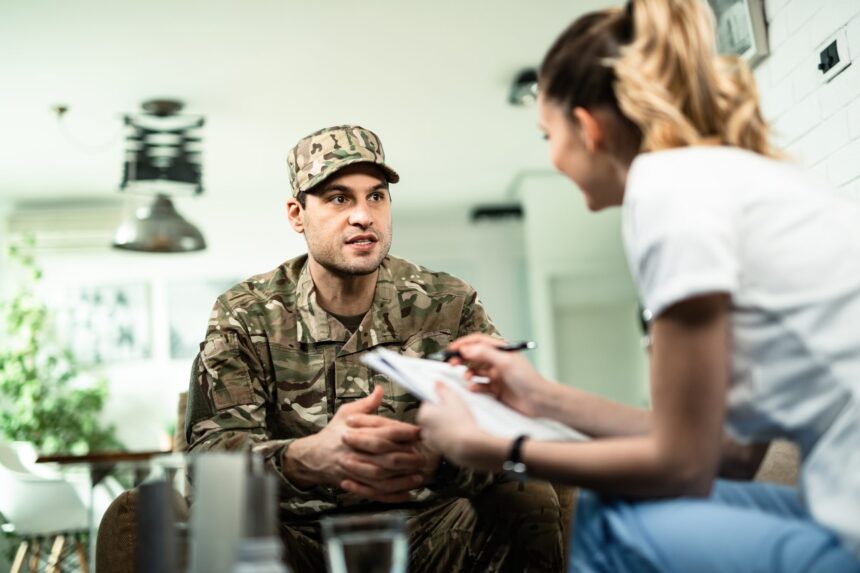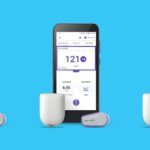Visitor contributor Cherise Shockley is a U.S. Military veteran, Diabetes Social Media Advocacy founder and Roche digital social media supervisor
For 20 years, I’ve lived with diabetes as a civilian, a navy veteran, the spouse of a navy member of 24 years who was identified with Sort 2 diabetes whereas on obligation, and the mom of a “bonus” daughter who skilled gestational diabetes and was finally identified with LADA (Latent Autoimmune Diabetes in Adults).
I’ve all the time been vocal about my observations and experiences about residing with diabetes; I’ve even been known as an ‘OG’ throughout the on-line diabetes neighborhood. Throughout these many years, I’ve seen many adjustments in diabetes, reminiscent of the event of recent courses of medicines, applied sciences for monitoring blood glucose, telemedicine, and extra visibility about the associated fee burden of diabetes.
However a lot hasn’t modified. Whereas consciousness about diabetes has grown, household, buddies, employers, colleagues, and healthcare suppliers nonetheless lack understanding and appreciation for the full-time job of residing with diabetes. Based on the US Facilities for Illness Management and Prevention, greater than half of individuals with diabetes report they’ve skilled diabetes stigma — within the household, faculty, office and even in healthcare settings. And within the navy, in case you are insulin-dependent, it’s doable to be discharged below the belief that you just won’t be able to meet your duties.
We speak loads about dignity within the navy. This sense of giving and accepting self-respect additionally performs a well-documented position in healthcare; being handled with dignity is related to optimistic outcomes. Diabetes is not any completely different. A latest research in India, which is experiencing a shift in diabetes prevalence from city to rural areas, discovered a Diabetes With Dignity (DWD) initiative efficient in enhancing high quality of life and diabetes data, keys to stopping illness development and issues.
I consider it’s doable for all of us residing with diabetes to offer and obtain extra dignity in our on a regular basis lives. All it takes is just a few shifts utilized with the rigor the navy is understood for:
Ask your healthcare supplier to see you as a complete particular person as a substitute of simply your numbers, like your weight, Time-in-Vary, or A1C. Share a bit concerning the particular person you might be, which may embody household dynamics, tasks, wins, and frustrations. If you’re a veteran or on energetic obligation, ask your HCP to think about your experiences on obligation and to hear for points, reminiscent of emotional well being, that will want consideration.
At work, communicate up if there’s one thing you want, reminiscent of a secure area to check your blood sugar. Many employers have added diabetes assist initiatives to the well being advantages they provide, so ask your advantages supervisor if your organization has taken these steps but.
Remind your family and friends that they’ll belief you and others residing with diabetes to know their our bodies. They’ll know if it’s OK to have a slice of birthday cake. Be an energetic listener.
For you, know there’s a neighborhood of individuals on-line and in particular person who’re there to assist you. If you’re combating diabetes, let your diabetes care staff or doctor know. It’s OK to say you’re not OK, however don’t get caught. Keep in mind to make use of all obtainable instruments and don’t be afraid to ask for assist.
Inspiration from the navy about giving and receiving dignity can apply to life with diabetes. What’s extra, it may be empowering. Let’s begin now.










